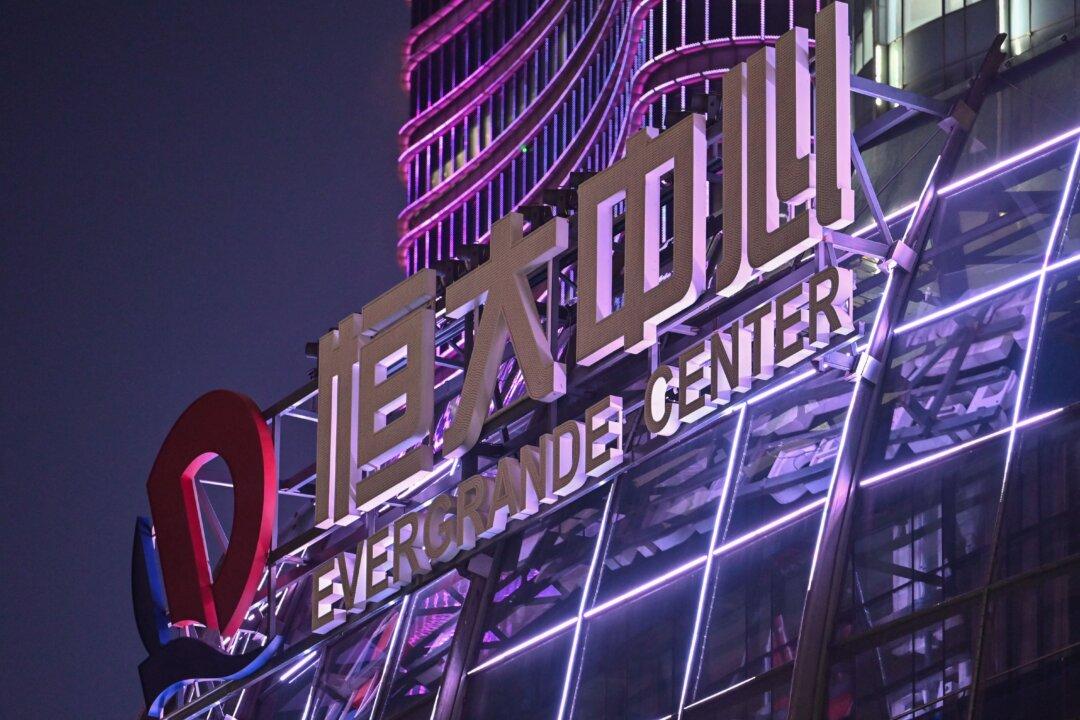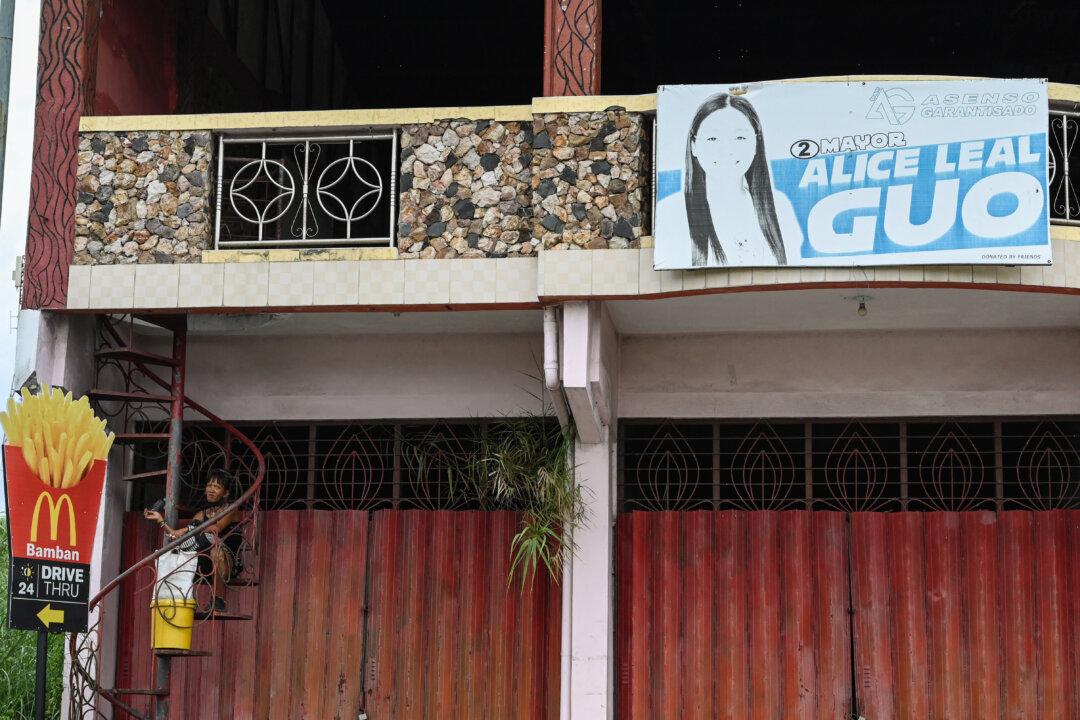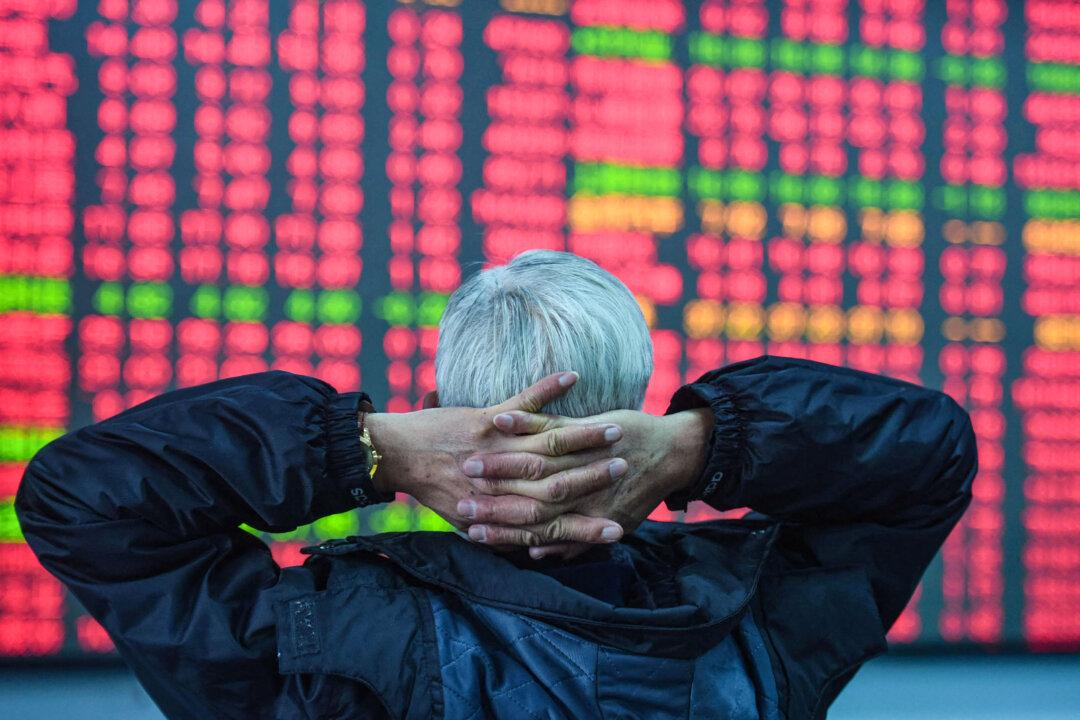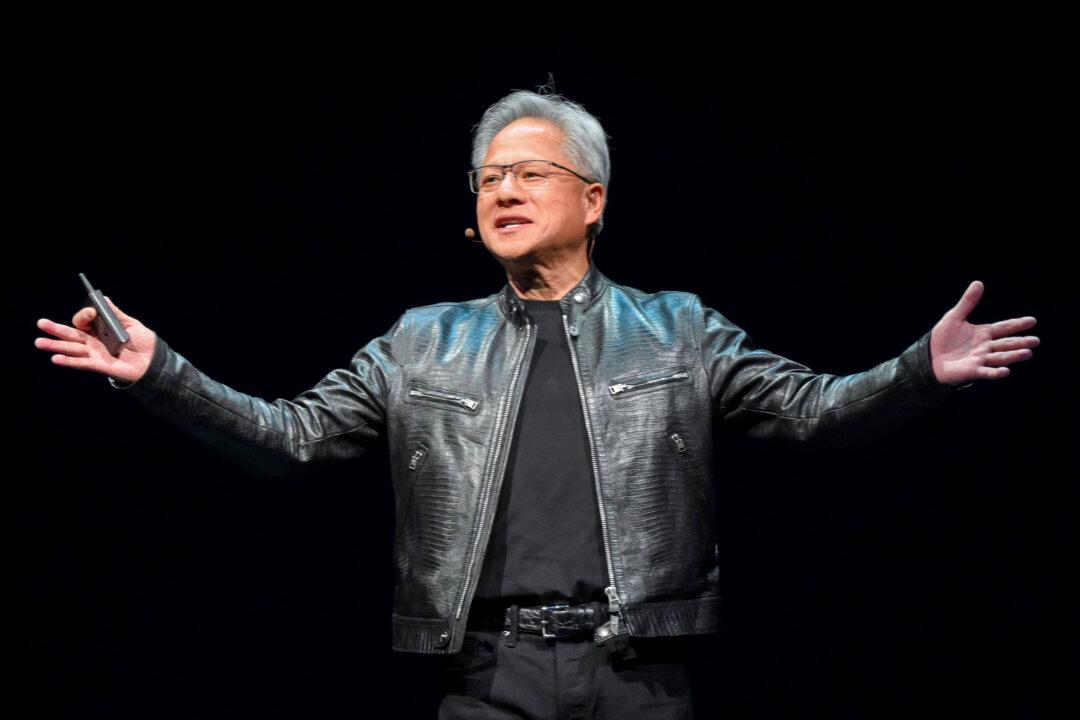As the bankrupt Evergrande Group struggles in an abyss of colossal liability, Chinese news media and online platforms have been inundated by rumors about the property conglomerate’s founder, Xu Jiayin (also known as Hui Ka Yan).
As various stories swirl, one thing is certain: like everything in China, Mr. Xu’s fortunes, and those of his company, are tied to those of the Chinese Communist Party (CCP).




